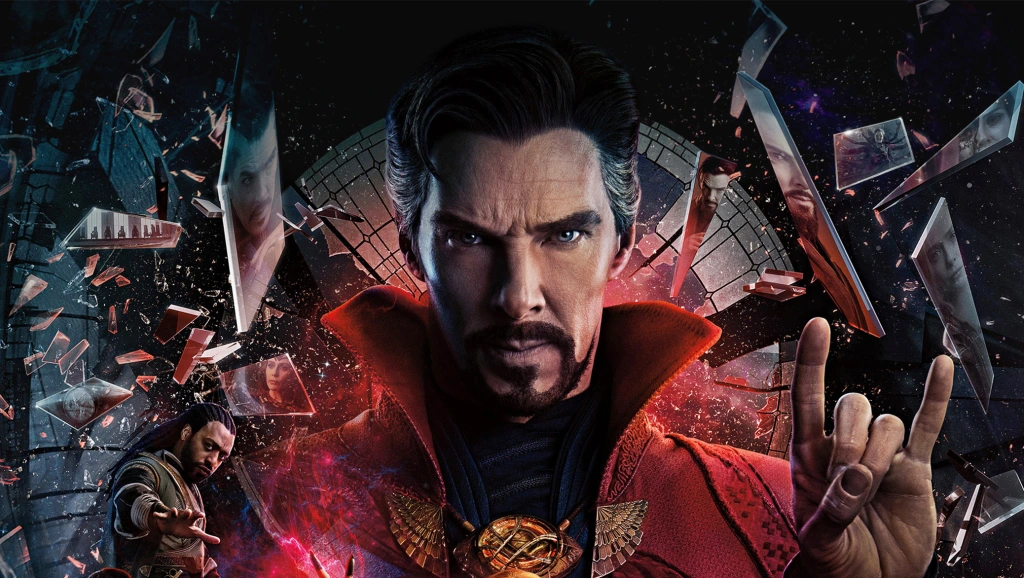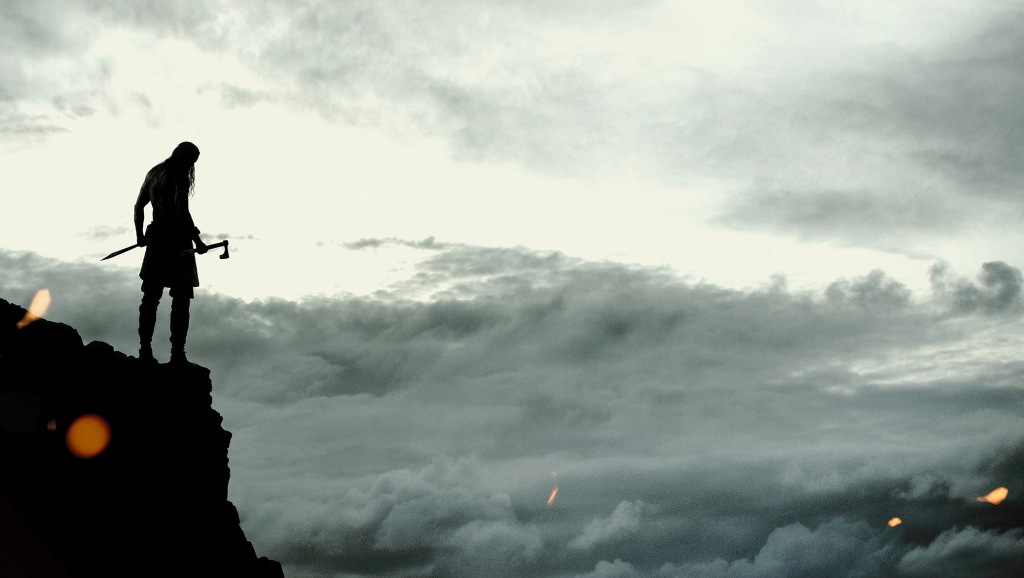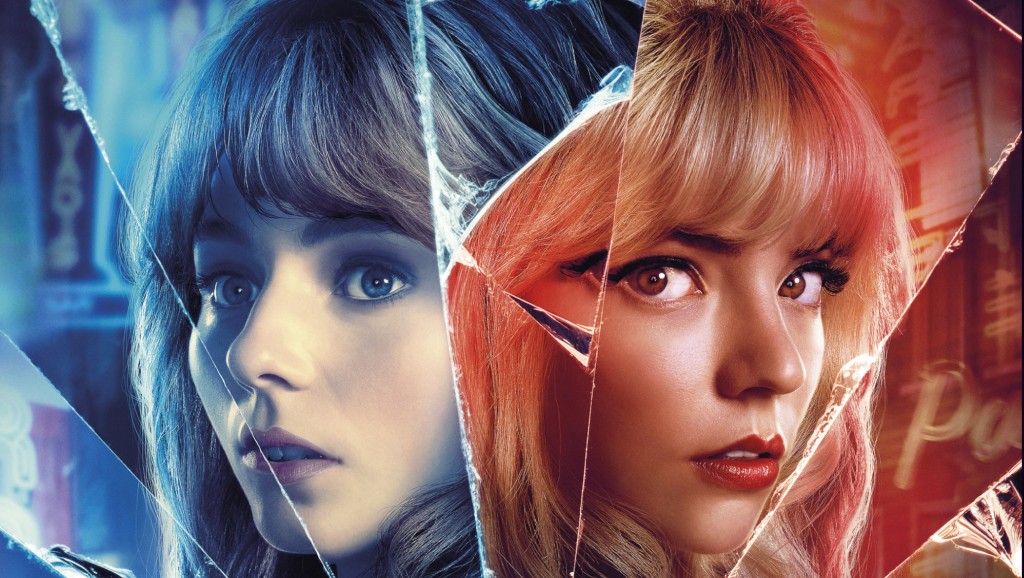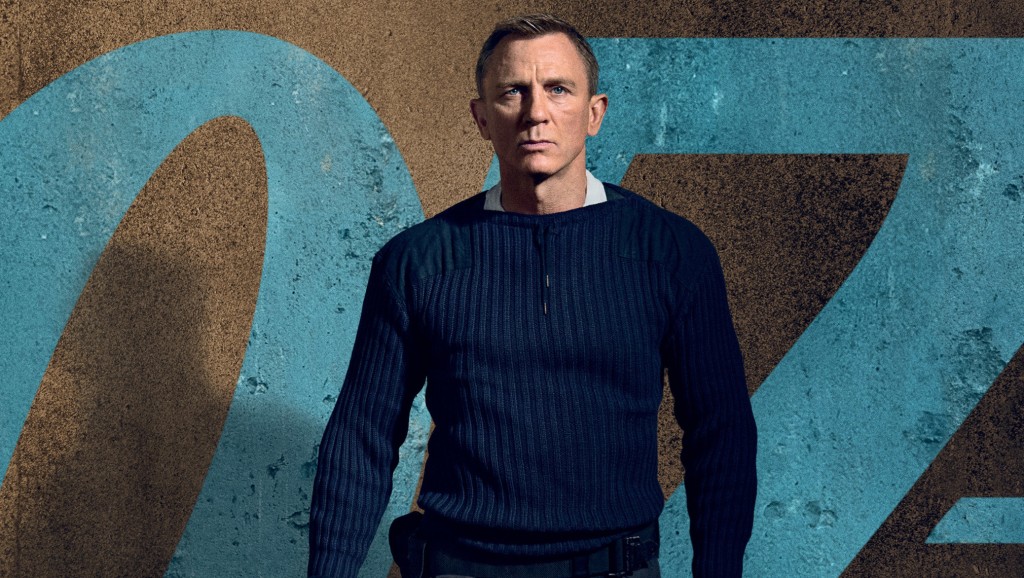In a strange reality, we shouldn’t even doubt the talent of Yimou Zhang, but considering the impact of his last film, The Great Wall and it’s less than satisfactory reviews, Shadow feels like an intimate rediscovery. If there is any consolidation, Shadow is a distinctive upgrade. Zhang returns to the comforts of his wuxia roots that is enriched with a visually, stimulating power reminiscent of his previous work such as Hero or House of Flying Daggers.
Set during the Three Kingdoms period in China (220-280 AD), it’s a high stakes battle involving four, distinct narratives. Supplemented by the thematic escapades in love, treachery, greed, power and betrayal, Shadow revels in a twisted double-take game that could rival any captivating mystery from a Shakespearian tale.
On an epic level, this historic re-imagining would typically be engaging. Shadow is littered with a multitude of layered performances by Chao Deng, Li Sun and Xiaotong Guan, in particular, Chao Deng as the leading doppelgänger. In retrospect, the narrative carries a harmonic grace that could have emulated the feats of Ang Lee and Crouching Tiger, Hidden Dragon. But due to its slow pacing during the first act, Shadow struggles to maintain an adequate momentum, hampered by its heavy exposition and dialogue that stretches into the realm of boredom. It becomes a mental challenge to ascertain how the first act could have been improved. Stylized in its slow and meticulous build-up, it can’t escape the sensation of watching a three-hour movie (actual runtime is one hour and fifty-six minutes).
But if that is its only fault, then Zhang channels his much-needed energy into the ultimate payoff which is both imaginative and daring.
When Shadow discards those melodramatic lenses, the sheer scale of its production and stunning cinematography come into play. Yimou and his regular director of photography Xiaoding Zhao approach the project with a new, aesthetic distinction. In Hero, it was the dance-like capturing of colour. Shadow subsequently acts as a poetic emulation of its title where colour is nowhere to be seen (unless it’s the rich volume of blood). It’s the beautiful and haunting contrast in the black and white tones that reveals every fluid detail like an ink painting. Reflecting that style in its clothing, calligraphy and the panoramic mountains, the grim landscape is a characterized entity for the violence and war.
But Shadow’s impressive feat belongs to its choreographed action. Not only is it portrayed as a kinetic dance but showcases a brilliant level of insane absurdity. On a rainy day, I may never look at umbrellas in the same way thanks to Yimou Zhang, turning the traditional protector into a knife-wielding weapon that would make every dance move from Gene Kelly’s Singin’ in the Rain look like a death move.
Nevertheless, Shadow is an indulgent exercise in patience, lacking a coherent and stable narrative. It takes a while to get going, but when it does, it’s a visually spectacular film. Yimou Zhang once again reminds us of his trademark beauty, and Shadow is a significant return to form.
SHADOW screened as part of the BFI’s London Film Festival 2018. UK release date TBC.






Don’t Be Shy – Leave a Reply